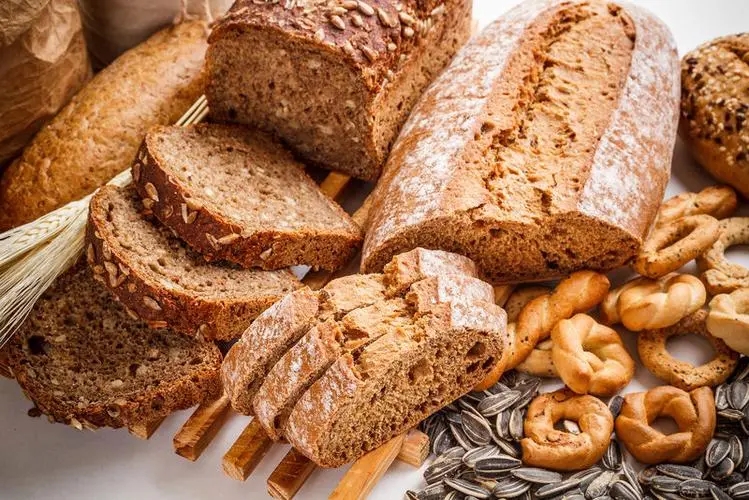
 CONTACT
CONTACT
- Linkman:Linda Yao
- Tel: +8618231198596
- Email:linda.yao@dcpharma.cn
- Linkman:CHARLES.WANG
- Department:Overseas
- Tel: 0086 0311-85537378 0086 0311-85539701
Nisin for Baked Goods, Fresh-Keeping Effect
TIME:2024-07-26
Nisin, a natural food preservative, significantly extends the shelf life of baked goods by effectively inhibiting various Gram-positive bacteria responsible for food spoilage. These include Lactobacillus, Micrococcus, Pediococcus, Staphylococcus, and Listeria.Nisin is particularly effective against spore-forming bacteria such as Bacillus and Clostridium. It disrupts the normal function of bacterial cell membranes, causing membrane permeability, nutrient leakage, and a drop in membrane potential, ultimately leading to the death of pathogenic and spoilage bacteria. These bacteria are common culprits in baked goods spoilage, causing food to deteriorate and shortening shelf life.
Adding an appropriate amount of nisin to baked goods can significantly extend their shelf life. For instance, adding 5g/100kg to 15g/100kg of nisin, combined with a small amount of other preservatives, can extend the shelf life of low-temperature meat products to over three months at room temperature. Although this data pertains to meat products, it is reasonable to infer that similar preservation effects can be achieved in baked goods with an appropriate amount of nisin. Additionally, nisin can reduce the amount of nitrate or nitrite required, improving product quality and shelf life.
Nisin does not adversely affect the color, aroma, taste, or texture of food. This means that using nisin in baked goods not only extends shelf life but also maintains the original quality of the food, which is crucial for enhancing consumer satisfaction and brand image.
Nisin is a non-toxic natural preservative that quickly hydrolyzes into amino acids under physiological pH conditions and the action of α-chymotrypsin in the human body. It does not alter the normal intestinal flora or cause resistance issues associated with other antibiotics, nor does it exhibit cross-resistance with other antibiotics. Additionally, nisin is environmentally friendly, aligning with the modern food industry's requirements for green, safe, and sustainable development.
Nisin has been widely used in various fields, including meat products, dairy products, canned goods, seafood, beverages, fruit juice drinks, liquid eggs and egg products, seasonings, brewing processes, and baked goods. In baked goods, it is commonly used as a preservative to extend shelf life and maintain quality.
Nisin's preservative effect in baked goods is significant, offering excellent antibacterial properties, extended shelf life, preserved food quality, high safety, and environmental friendliness. Therefore, the appropriate addition of nisin in the production of baked goods is crucial for improving product quality and market competitiveness.
- Tel:+8618231198596
- Whatsapp:18231198596
- Chat With Skype







